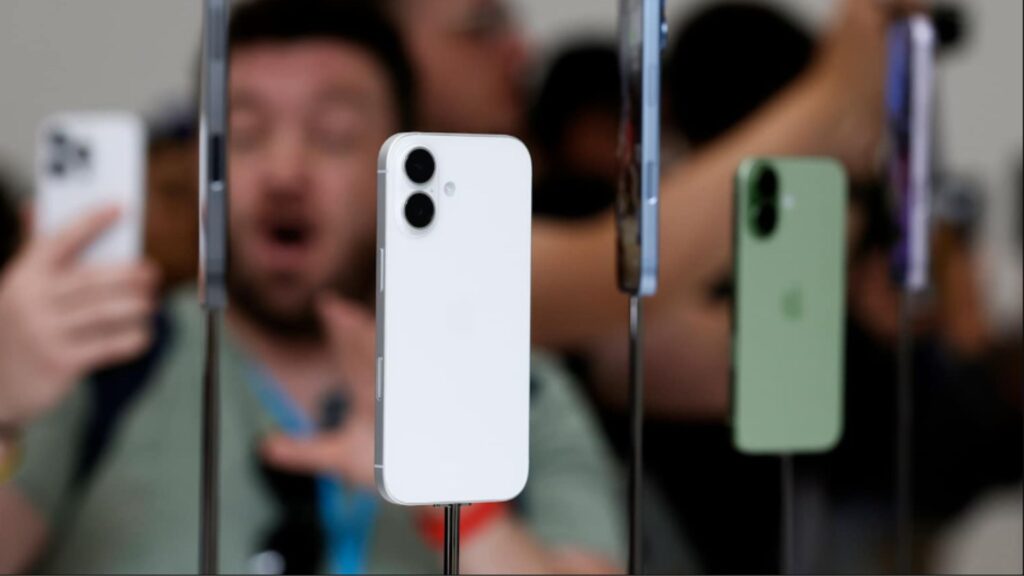
Apple’s iPhone 17 series has achieved unprecedented pre-order success in China, with sales on JD.com surpassing the entire first-day volume of last year’s iPhone 16 series within just one minute of launch. The overwhelming demand, which began at 8 p.m. local time on Friday, crashed Apple’s official website and left customers waiting up to five minutes to process payments, while all iPhone 17 Pro Max pickup slots in Shanghai were fully booked within 20 minutes.
However, the ultra-thin iPhone Air faces regulatory delays in China due to government oversight of eSIM technology, creating the only gap in an otherwise triumphant launch.
Record-Breaking Enthusiasm Despite Local Competition
By Saturday morning, consumers in Guangzhou faced delivery wait times extending to October 15 for any iPhone 17 model, according to Apple’s website. JD.com reported over 3.7 million reservations for the base model alone, with the standard iPhone 17 with 256GB storage emerging as the most popular variant—accounting for 43% of total pre-orders.
This success comes despite intensifying competition from domestic brands like Huawei, which reclaimed the top spot in China’s smartphone market with an 18% share in Q2 2025, alongside gains by Xiaomi and other local manufacturers.
iPhone Air Hits Regulatory Roadblock
While three iPhone 17 models launched successfully, the 5.6mm-thick iPhone Air remains unavailable for pre-order due to pending regulatory approval for its eSIM-only design. Apple’s Chinese website now states “release information will be updated later,” replacing the original September 19 launch date. The company confirmed that all three state-owned carriers—China Mobile, China Telecom, and China Unicom—will provide eSIM support, but timing remains “subject to regulatory approval” (CNBC).
China Telecom’s Beijing branch initially posted about launching eSIM services on September 19 but later removed the announcement, with representatives telling Chinese media that approval was expected “very soon” without providing specifics.
Market Resilience and Strategic Positioning
The regulatory delay highlights China’s preference for physical SIM cards, which provide greater government oversight compared to eSIMs. Despite this setback, IDC senior research director Nabila Popal noted that Apple has “skillfully categorized its product offerings” to drive new purchases. The record pre-orders demonstrate that strong brand loyalty persists even as Apple navigates an increasingly competitive landscape dominated by domestic rivals, with the standard model’s appeal driven by its $799 starting price and significant upgrades including a larger display, ProMotion technology, and doubled base storage.




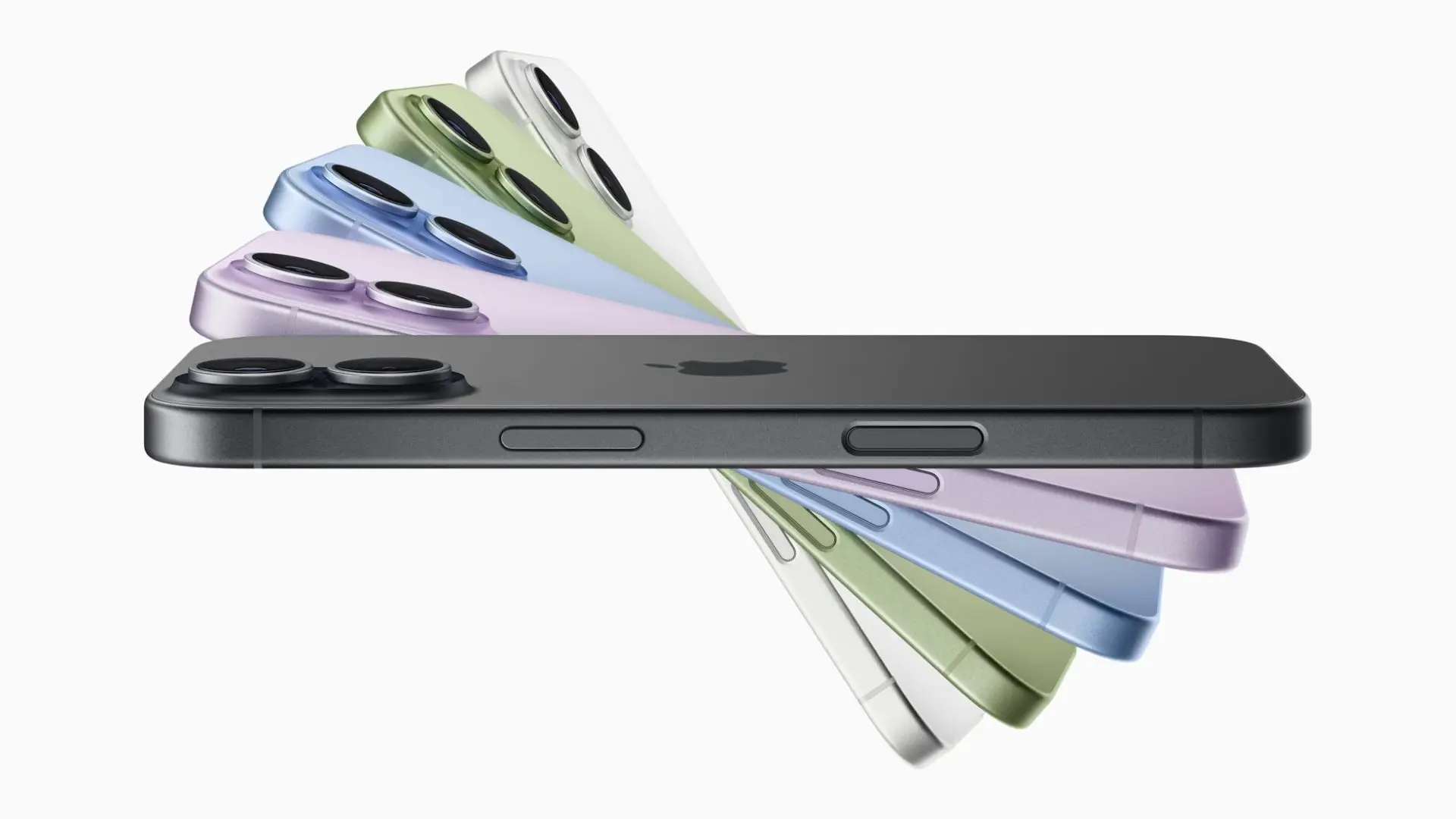
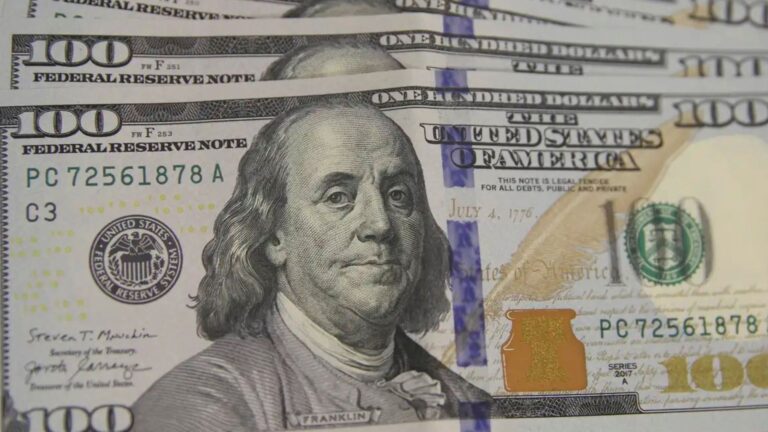
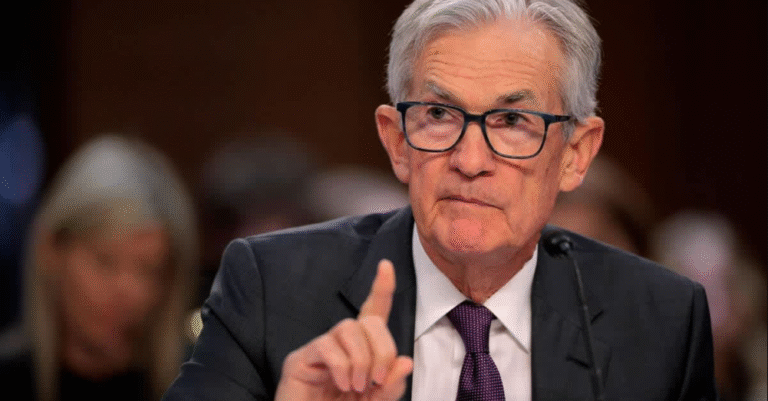
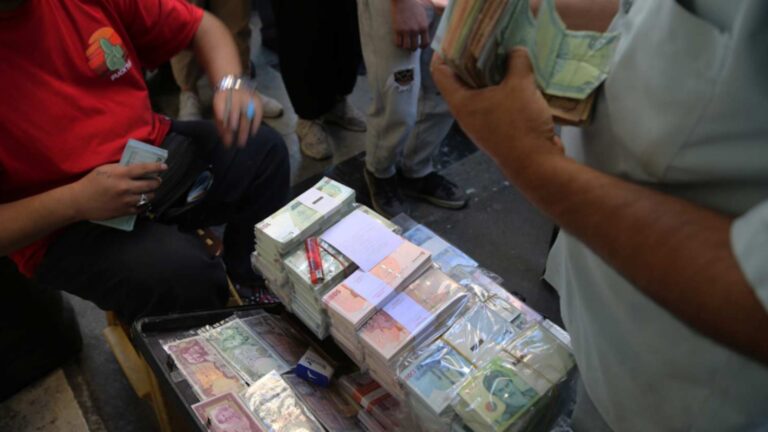





Your article helped me a lot, is there any more related content? Thanks! https://www.binance.com/register?ref=IXBIAFVY